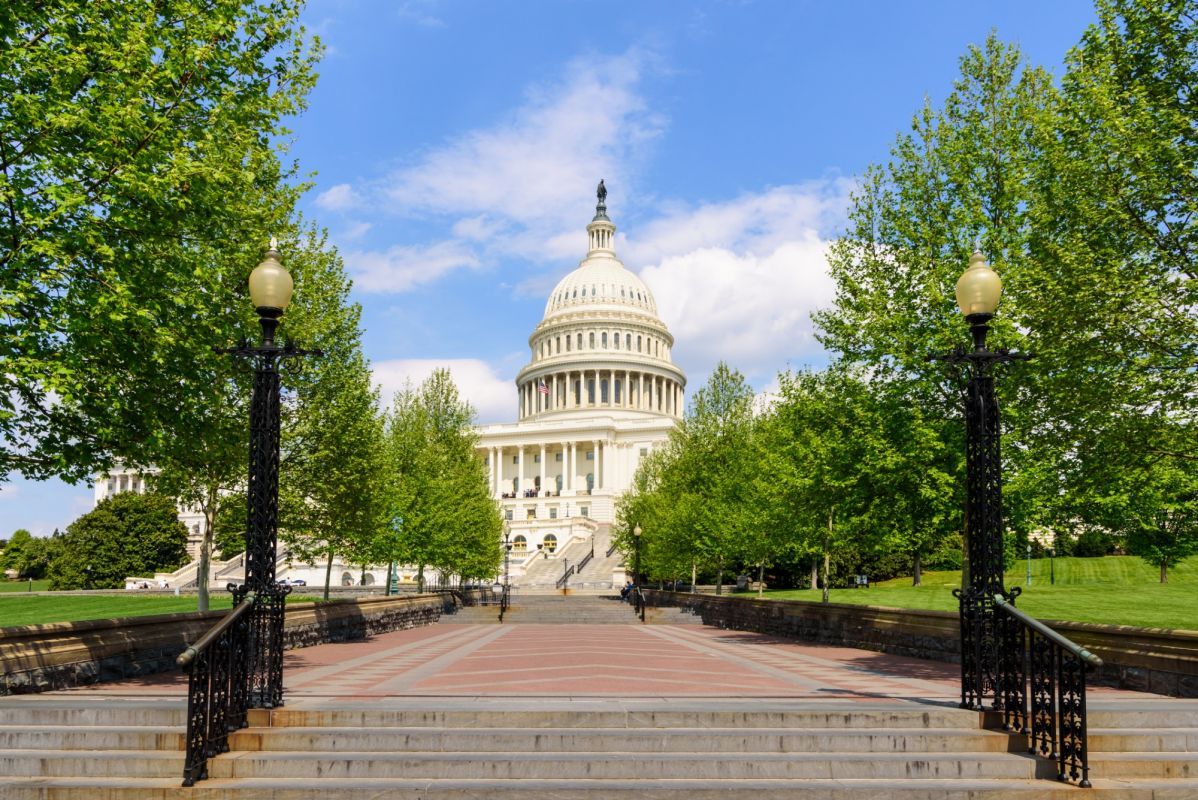


February 13, 2015, 07:00 am
Following the Republican takeover of Congress, Senate Majority Leader Mitch McConnell (R-Ky.) had suggested that the results of the mid-term election might be viewed as the rejection of “a government people can no longer trust.”
Most assuredly, McConnell’s comment was aimed at the Obama administration. But his summation of the public mood hints at a trust crisis that runs well beyond party lines to the very core of our essential institutions – Congress included.
A recent Gallup survey reveals that, while less than a third of those polled expressed trust in the presidency, only seven percent professed any faith in Congress. In the words of Sen. John McCain (R-Ariz.), when you get that low, you’re down to “blood relatives and paid staffers.”
Gallup notes that this is the lowest trust rating it has ever recorded in the history of its polling – among any of the institutions for which it collects such data – and it is the first time that Gallup has recorded a score in the single digits.
This is a crisis of trust, and one in which our government leaders are hardly alone. In its survey, Gallup also found that only one in five Americans expresses “a great deal” or “quite a lot” of confidence in big business, banks, organized labor, or traditional media.
Other surveys, such as the annual “Trust Barometer” produced by Edelman, reveal that Americans are increasingly placing more trust in each other than they are in traditional institutions. One could argue that we are returning to our roots. Trust today is, quite literally, of the people, by the people, and for the people.
This shift has vast social and economic implications.
Historically low voter turnout in the mid-term elections is a clear indicator of the trust crisis, as more Americans disengage from an elected body in which they have lost faith. Equally significant are the mounting costs to our nation’s businesses, which come in the form of high turnover rates and low employee engagement and productivity, resulting in an estimated cost of some $300 billion annually. Studies reveal, quite compellingly, that decaying trust between employees and their managers is a direct cause of much of this lost value.
Regulatory-driven governance, risk, and compliance controls (“GRC”) in place at most companies amplify the prevailing atmosphere of distrust in many workplaces. These systems, and their attendant personnel, have proliferated in the wake of the financial crisis and decades of front-page fraud scandals that continue to make headlines. Estimates put such GRC costs north of $400 billion annually.
The ability to trust and work with strangers is the basis of value creation and shared prosperity. Historically, our institutions have made this possible, by providing a “trust infrastructure” to facilitate honest dealings among strangers. The erosion of trust in these same institutions is, thus, cause for real alarm: this is a national crisis.
But crisis often heralds opportunity and sounds a call to action.
Entrepreneurs across the country have heard the call and are raising challenges to entrenched incumbents across a range of industries.
Successful startups in the so-called “peer-to-peer” space – like Airbnb, Lyft, and Waze – have demonstrated the vitality of collaborative “platforms” that are indeed built of, by, and for the people.
If our government, Congress and business leaders are to regain the public’s faith, they too will need to demonstrate a renewed commitment to this quintessentially American ideal and embrace new ways of drawing us back into the process.
The key lies in empowering us to hold our leaders – and one another – more immediately and meaningfully accountable for breaches of trust in the public and private spheres alike. We need to equip our constituents, customers, employees, and one another with an ability to drive increased trust and integrity in the institutions and organizations that shape our daily lives.
Imagine if you could tell, at a glance, whether someone was trustworthy. Whether a company or organization was made up of people you could trust, or people you’d rather avoid. Before you took that job. Stayed at that hotel. Hired that contractor. Bought that car. Ate at that restaurant. Voted for that candidate.
Imagine if you could take much of the risk out of trusting strangers to deal honestly, fairly, faithfully.
Today’s technologies make this possible. We must build from the bottom up to establish an entirely new “digital trust infrastructure” — one that is decentralized, distributed, scalable, mobile, and on-demand.
Because, in the end, it is in us that we trust.
Scott is the founder of Starling Trust Sciences https://starlingtrust.com.
Keep Reading